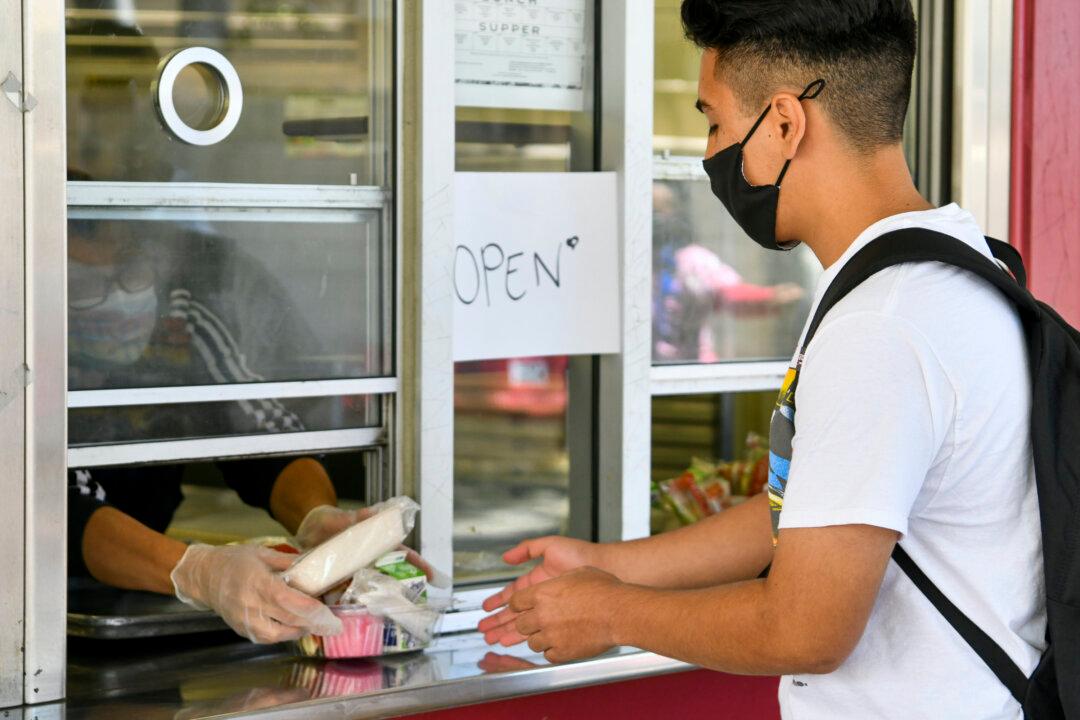All K-12 public school students in California will have access to free breakfast and lunch at school this year under a new state program.
The Universal Meals Program makes California the first state to launch a statewide meal program. The state has about 6 million public school students.





